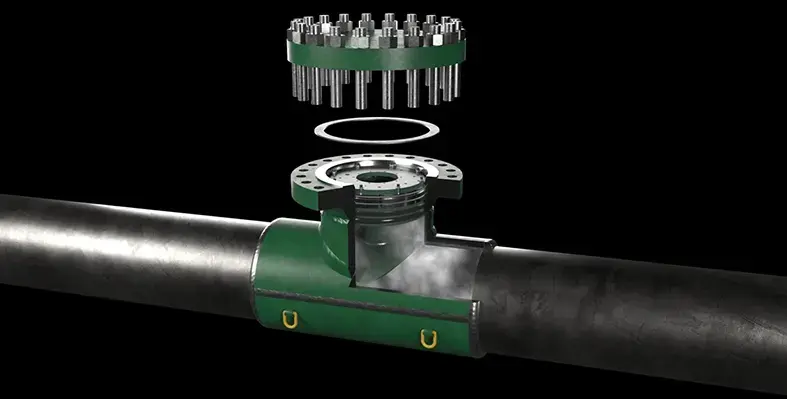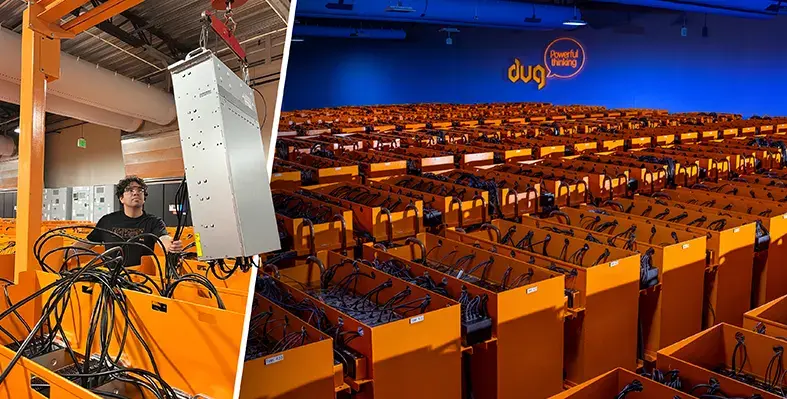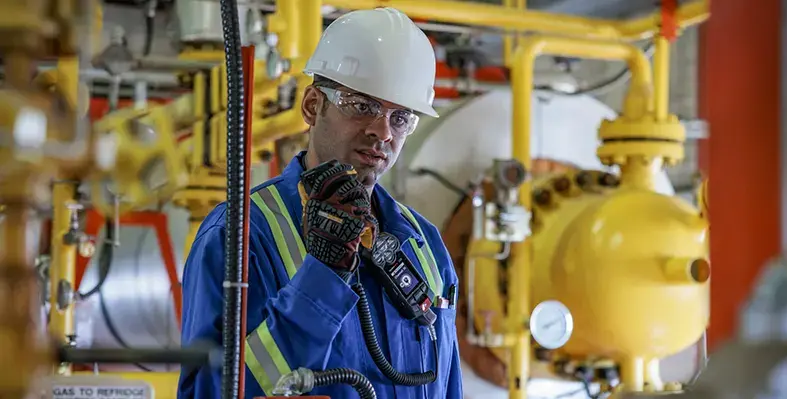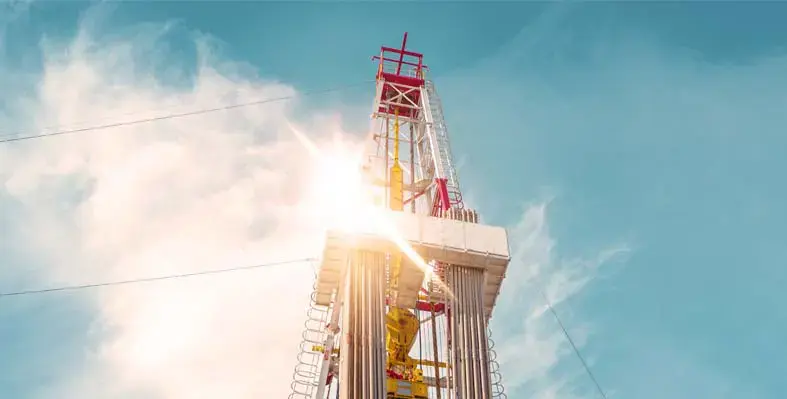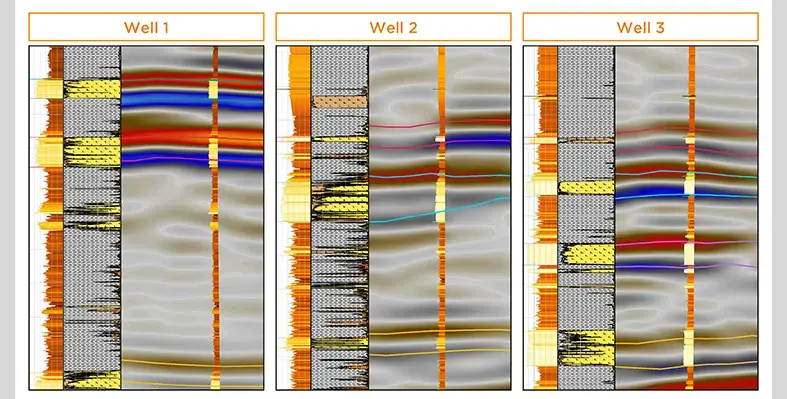Pipeline and isolation specialist STATS Group has launched the SureTap Plug, a dual seal completion plug engineered to maintain Double Block and Bleed (DBB) isolation in hot tapping and line stopping
STATS’ innovative approach fundamentally changes completion plug design by introducing true double block and bleed capability to the final stage of hot tapping operations and addresses long-standing completion safety concerns, while improving operational efficiency across the entire hot tapping workflow.
The new technology addresses a vulnerability at the final stage of hot tapping operations, where conventional completion plugs rely on a single O-ring seal that cannot be tested or verified under modern DBB safety criteria before temporary valves are removed.
While operators routinely establish fully tested DBB isolation during hot tapping and line stopping, that protection is typically not available at completion of the hot tap fitting. The inability to confirm seal integrity under modern DBB safety criteria or independently validate plug positioning has led to serious safety incidents in the pipeline industry.
The SureTap Plug is designed to eliminate this risk by introducing true DBB capability at completion. The plug features two independent compression seals with a testable intermediate annulus, allowing operators to verify both seal integrity and validate/correct plug positioning before removing temporary valves.
The hydraulically actuated plug incorporates multiple mechanical fail-safes. Sealing performance is significantly improved over conventional O-ring designs due to the seal profile and increased surface contact area, providing reliable isolation even on imperfect fitting flange inner diameters damaged during hot tapping operations.
The SureTap Plug is available in size range: 6" to 56", covering the majority of hot tapping applications. It meets IMCA double block and bleed requirements for subsea diver safety and is suitable for use on hydrocarbons, hydrogen and high-pressure liquid CO₂ piping systems.
In addition to enhanced safety, the SureTap Plug offers practical operational benefits including a reduced diameter design which allows flow around the plug during deployment, eliminating the need for bypass check valves.
Seals are protected during insertion and can pass through standard valve bores, while an optional dedicated hydraulic launcher allows hot tap machines to be demobilised earlier, reducing equipment hire time and costs.
With a minimum 25-year design life, the SureTap Plug is also suitable for permanent abandonment applications on aging assets.
Angus Bowie, STATS Group chief technology officer, said, “Operators invest in robust double block and bleed isolation during hot tapping and line stopping, only to accept a single, unverifiable barrier at completion. This contradiction has persisted because no alternative existed - until now.
“This verification eliminates the manual error causing mis-alignment or issues from external locking mechanisms guesswork that has plagued completion procedures for decades. Operators can now confirm, with tested certainty, that their pressure barrier is secure before exposing personnel to risk.”





